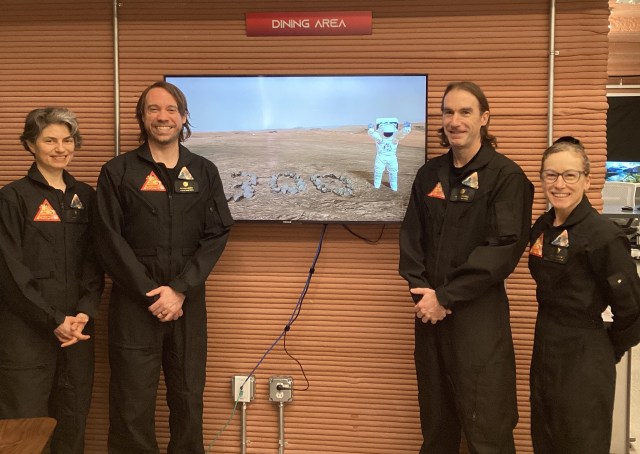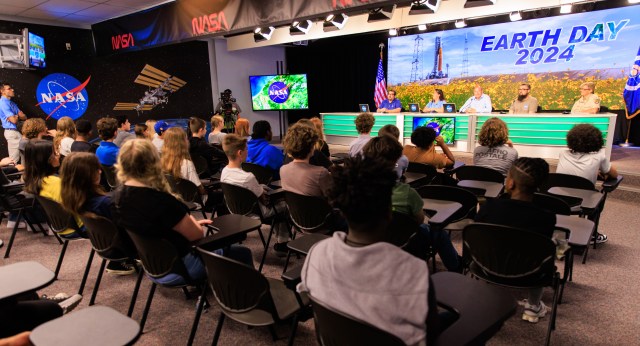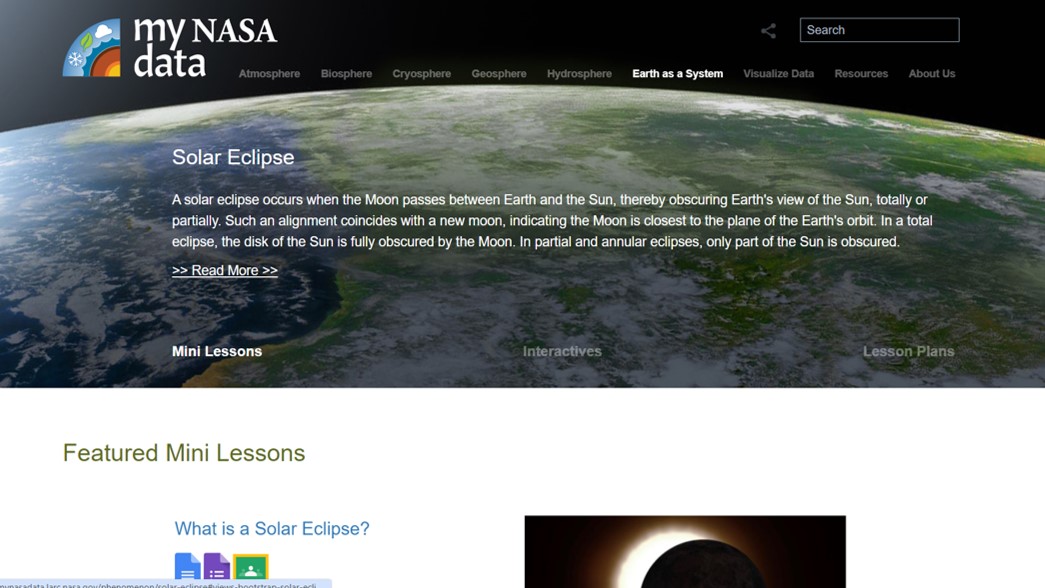Introduction
Over the years, Congress has passed several laws that affect the activities of civil servants after they separate from the federal government. Collectively known as the “post-employment restrictions,” they often present a significant consideration in a former employee’s professional plans. This paper contains a brief summary of the most common restrictions. Because deciding whether the restrictions apply to someone’s specific situation can often be complex, this paper should not be used as a substitute for specific guidance from an ethics counselor.
There are two post-employment statutes that affect most people. Section 207 of Title 18 places restrictions on communications that a former employee may make to the Government after their federal employment ends, and Procurement Integrity may prohibit employment with certain contractors altogether. A third statute, 18 U.S.C. § 208, may require a civil servant to change his or her official duties prior to talking with a prospective employer.
Prohibitions on Representational Activity Contained in 18 U.S.C. § 207
The ban on representational activity is contained in Section 207 of Title 18. The basic thrust of the statute is to restrict communications between a former employee and the Government. It does not prevent anyone from working for the employer of his or her choice, nor, in most cases, does it prevent them from working on specific matters. It may, however, prevent a former employee from discussing those matters with the Government.
General Prohibition of 18 U.S.C. § 207(a)(1)
No former employee may knowingly make, with intent to influence, any communication to or appearance before the United States on behalf of any other person in connection with a particular matter in which the employee was personally and substantially involved as a civil servant, and in which the United States is a party or has a direct and substantial interest.
Discussion: This prohibition applies to all NASA employees, and prevents former employees from communicating with NASA, or any other Government agency, concerning matters the employee worked on while employed by NASA. As noted above, it does not prevent an employee from working for a contractor with whom they had dealings as a civil servant. It even permits the former employee to work on something that was a part of their duties as a civil servant–so long as they do not communicate, verbally or in writing, with the Government. The prohibition applies to “particular matters,” which generally are specific transactions between specific parties, rather than broad areas of agency activity. In NASA’s case, a particular matter is often a contract, grant, or agreement. The prohibition does not apply to programs, except to the extent that they are implemented through specific contracts. This means that a former employee may communicate to the Government concerning a contract with which they had no involvement, even if the contract is in support of a program with which they were involved. The prohibition remains in effect for the life of the particular matter (e.g., the duration of the contract).
Two Year Supervisory Prohibition of 18 U.S.C. §207(a)(2)
For two years after separation, no former employee may knowingly make, with intent to influence, any communication to or appearance before the United States on behalf of any other person in connection with a particular matter which the employee knows or should reasonably know was pending under his or her official responsibility during the last year of Government service.
Discussion: This restriction is much the same in scope as the restriction of Section 207(a)(1), with the difference that the former employee need not have been personally involved in the matter, if he or she was responsible for it. In other words, supervisors and managers are held accountable for all matters under their responsibility, even if the actual work was performed by a subordinate. They are also expected to be aware of what matters they were responsible for. Because the restriction applies to situations where there was no personal involvement, it only applies for two years from separation.
Prohibition of Aiding or Advising With Respect to Treaties or Trade Negotiations of 18 U.S.C. §207(b)
For one year after separation, a former employee may not aid or advise anyone other than the United States with respect to an ongoing trade or treaty negotiation, if they participated personally and substantially within their last year of Government service.
Discussion: This prohibition rarely applies to NASA employees. It prevents participants in trade or treaty negotiations from switching sides during negotiations. Note that it prevents behind the scenes involvement, not just communications with the Government.
One Year SES Cooling Off Period of 18 U.S.C. §207(c)
For one year after separation, no former senior employee whose rate of basic pay is equal to or greater than 86.5% of the rate of basic pay for level II of the Executive Schedule ($153,105 in 2009) may knowingly make, with intent to influence, any communication to or appearance before the employee’s former agency on behalf of any other person in connection with any matter on which he or she seeks official action.
Discussion: Because this section sweeps so broadly, if it applies, it is often the most important post-employment restriction. This provision prohibits a former employee whose basic pay is $153,105 or greater (in 2009) from communicating with NASA on behalf of anyone else about any particular matter. It applies regardless of whether they were personally involved in the matter being discussed, or whether it was pending under their official responsibility during their final year with the agency. The prohibition is effective for one year.
One Year Restrictions on SES Representing Foreign Entities of 18 U.S.C. §207(f)
For one year after separation, no former senior employee may aid or advise any foreign entity, or knowingly make, with intent to influence, any communication to or appearance before the United States on behalf of any foreign entity.
Discussion: For one year after separation, a member of the Senior Executive Service who was paid at $153,105 or greater (in 2009) may not assist a foreign entity in any matter pending before any agency. A foreign entity for purposes of this subsection is a foreign government or any organization, such as a political party, that has or seeks a role in a foreign government or seeks to advance or influence the policies or relations of a foreign government. It includes agencies or similar components of foreign governments. This restriction applies to the same employees as the SES cooling off period, but the prohibition applies to communications to any agency, not just NASA, and it applies to aiding or advising, as well as communicating. Unlike most of Section 207, if this provision applies, it prohibits any involvement, even behind the scenes.
Exceptions
There are some exceptions set forth in the statute. The most important permit former employees to represent state or local governments, universities, or hospitals back to the Government, and to make scientific or technical communications without intent to influence.
Governments, Hospitals, and Universities Exception of 18 U.S.C. §207(j)(2)
The restrictions of 207(c), (d), and (e) do not apply to acts done in carrying out official duties as an employee of an agency or instrumentality of a State or local government, or of an accredited, degree-granting institution of higher education, or a hospital or tax exempt medical research organization, if the appearance, communication or representation is on behalf of such government, institution, hospital or organization.
Discussion: The one-year SES cooling-off period does not apply to someone working for the listed entities. This exception has been used by NASA employees, particularly those who have gone to work for universities, and then sought grants for their institutions from NASA. This exception is limited to the SES cooling-off period, however, and does not permit any former employee to make representations to the Government concerning matters in which they were involved or which were under their responsibility during their Government employment.
Exception for Scientific or Technological Information of 18 U.S.C. §207(j)(3)
The restrictions of 207(a), (c), and (d) do not apply where the communication is made solely for the purpose of communicating scientific or technological information in accordance with agency procedures.
Discussion: This exception, which is occasionally used, is subject to NASA regulations at 14 C.F.R. 1207.202. Without restating the regulation here, it basically requires that each communication to a NASA employee be preceded by information sufficient to establish that the statute applies and that the conditions for the exception are met. This provision can be difficult to utilize, since the communication must not be intended to influence the civil servant recipient. This exception will typically be satisfied by a transmittal of raw scientific or technical data that has not been interpreted by anyone outside the Government. It is advisable to seek advice of counsel prior to utilizing this exception.
Exception for Imparting Special Knowledge
A former senior employee will not violate Section 207 (c) or (d) if the communication is based on their special knowledge, as long as they are not receiving compensation.
Discussion: This exception, which has seldom, if ever, been used within NASA, permits a former employee covered by the cooling-off period to “set the record straight” about something if they possess special knowledge. Note that it only lifts the cooling off period, and does not permit representations concerning a matter in which the former employee was personally and substantially involved. It also requires that the former employee not receive compensation for the representation.
Restrictions On Future Employment Imposed By the Procurement Integrity Statute
The post-employment provisions of the Procurement Integrity statute have changed several times since its initial enactment. The most recent change will affect employees separating from the Government after January 1, 1997. Those who left earlier than that date are covered by entirely different provisions that are not addressed here.
The Procurement Integrity rule now in effect has extensive post-employment restrictions based on the role of a civil servant under a specific contract. If an employee participates in a procurement as a source selection official, contracting officer, Source Evaluation Board member, or chair of an evaluation panel; is the program manager or deputy program manager; or makes a decision to award a contract, subcontract, modification, task order, or delivery order in excess of $10 million; makes a decision to pay a claim in excess of $10 million; or makes a decision establishing rates for a contract in excess of $10 million, that employee may not work for the specific contractor involved in any capacity, including as a consultant, for one year from the time the employee engaged in any of those activities.
Discussion: This restriction obviously has a far greater impact on those to whom it applies than the ban on representational activity. By prohibiting employment, even as a consultant, it sharply restricts the employment options available to individuals employed in the designated roles. However, this Procurement Integrity restriction only applies to the individuals listed in the statute . It does not, for example, apply to someone who has assisted in defining a requirement, despite that individual’s involvement with the procurement, unless they were also appointed to the source evaluation board. In addition, the $10 million threshold excludes many procurements, but no major ones, from coverage entirely.
By exempting the most of the civil service workforce, the statute focuses primarily on individuals who were instrumental in giving significant agency business to a contractor. Those individuals, including program managers and deputy program managers who may not have been involved in the original source selection process at all, are not permitted to leave the Government and go to work with the companies that have been the beneficiaries of those decisions for one year from their last covered activity.
Restrictions on Searching for Jobs Imposed by 18 U.S.C. § 208
In addition to the post-employment restrictions, two statutes place restrictions on the career transition process. 18 U.S.C. § 208 equates employment negotiations with financial interests, and Procurement Integrity has employment negotiation provisions as well.
Restrictions on Negotiating for Employment in 18 U.S.C. § 208
An employee is prohibited from participating personally and substantially in any matter affecting the interests of a person with whom they are negotiating for, or have an arrangement concerning, prospective employment.
Discussion: This is the basic financial “conflict of interest statute.” This statute equates, as a matter of law, an employment negotiation with a financial interest. Therefore, it is a violation of the law for someone negotiating for employment to become personally and substantially involved in any matter involving the potential employer. In other words, before discussing employment with a contractor, the employee must take steps to ensure that he or she is not involved in a contract that is held by that company. This can be accomplished by requesting recusal from any matters involving a prospective employer. This recusal should be in writing and coordinated with the employee’s supervisor and with an ethics advisor.
Restrictions on Negotiating for Employment in the Procurement Integrity Statute
If an agency employee contacts or is contacted regarding possible employment by an offeror or bidder in a procurement in excess of the simplified acquisition threshold in which the employee is participating personally and substantially, the employee must promptly report the contact in writing to the employee’s supervisor and the designated agency ethics official, and reject the possibility of non-federal employment or be disqualified from further participation in the procurement.
Discussion: This restriction is different than the post-employment restrictions of Procurement Integrity in several important respects. First, it applies to all participants, not just the limited list of individuals whose post-employment activities are restricted. Second, it applies to all procurements in excess of $100,000, not just those over $10 million. Third, the statute requires that reports of contacts be retained by the agency and made publicly available upon request, so there is no confidentiality concerning employment discussions during the pendency of a procurement. This statute is in addition to the requirements of 18 U.S.C. § 208, discussed above, which also applies in the case of most procurement activities.
SES Employees must File Termination SF-278 when leaving NASA
NASA employees who file an annual public financial disclosure form must submit a completed termination SF 278 (PDF) within 30 days of their last day at NASA. There is a $200 penalty for failure to file this form in a timely fashion. The completed form should be submitted to NASA Headquarters Human Resources Management Division, Susan Boggs, Suite 4N39-A.
Conclusion
This page has provided a brief overview of the most common post-employment restrictions applicable to NASA employees. Because of the general nature of the discussion, the complexity of the relevant statutes, and the virtually limitless variety of post-employment factual scenarios, it should be read as guidance, not as an opinion on any particular individual’s plans. If a NASA Headquarters employee wishes to discuss these restrictions further, or wants to request an opinion on post-employment rules as they apply to a specific situation, he or she should contact an attorney on the ethics team at (202) 358-2465 or ethicsteam@hq.nasa.gov. NASA Center employees should contact their Chief Counsel’s office.

























